

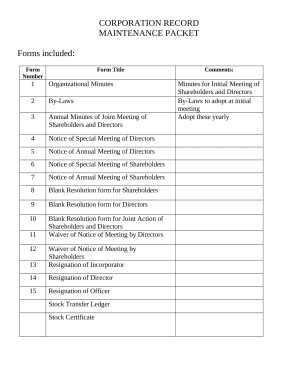
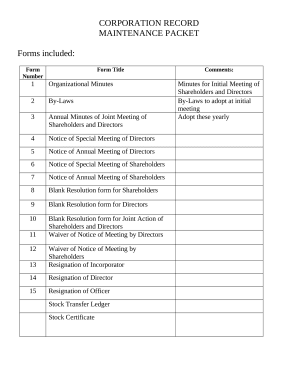
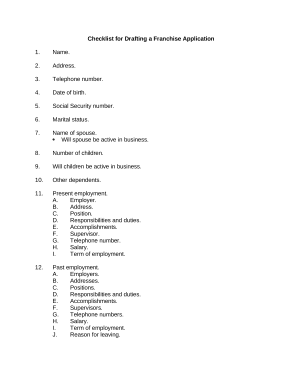
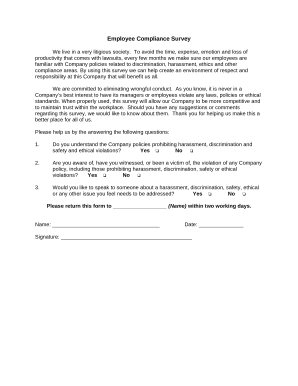
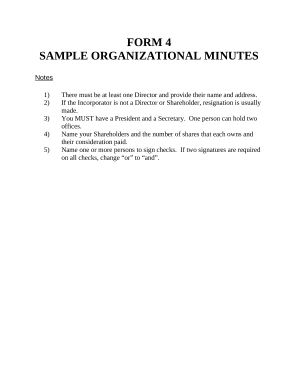
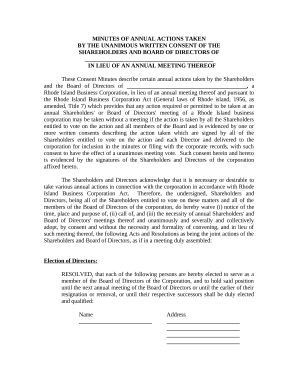
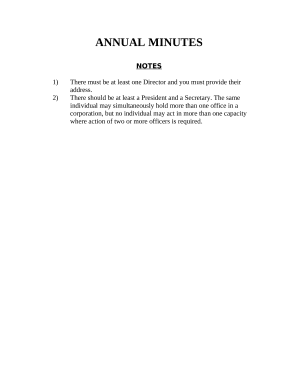

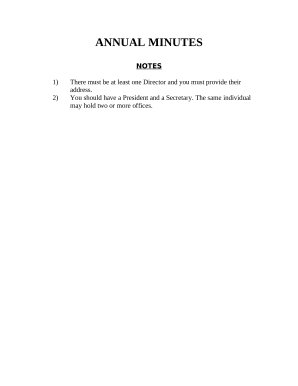
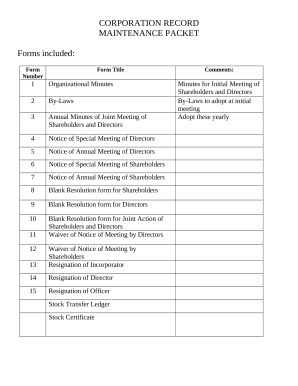
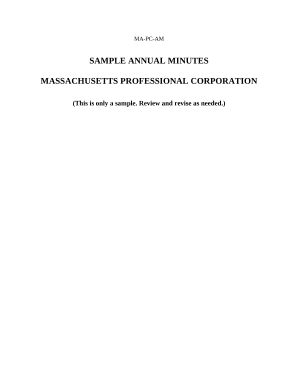
Accelerate your form management with the Business Compliance Documents library with ready-made templates that suit your requirements. Get the document template, alter it, complete it, and share it with your contributors without breaking a sweat. Start working more efficiently with your documents.
How to use our Business Compliance Documents:
Discover all the possibilities for your online file administration with the Business Compliance Documents. Get your totally free DocHub account right now!